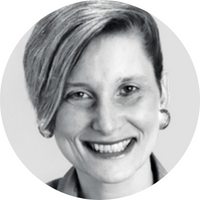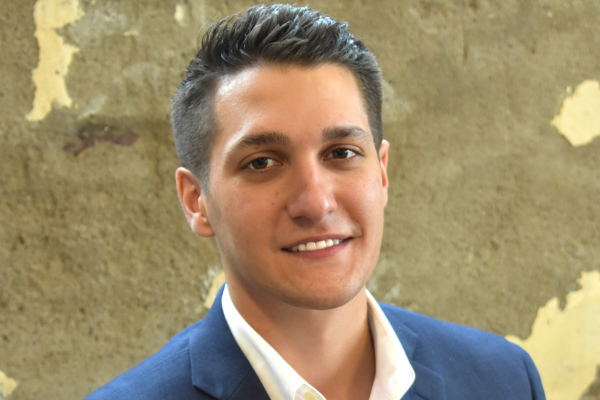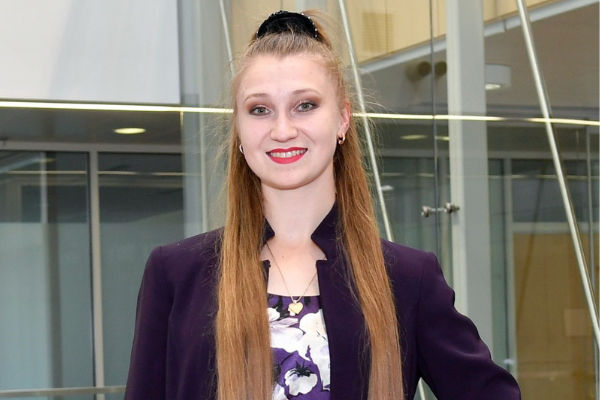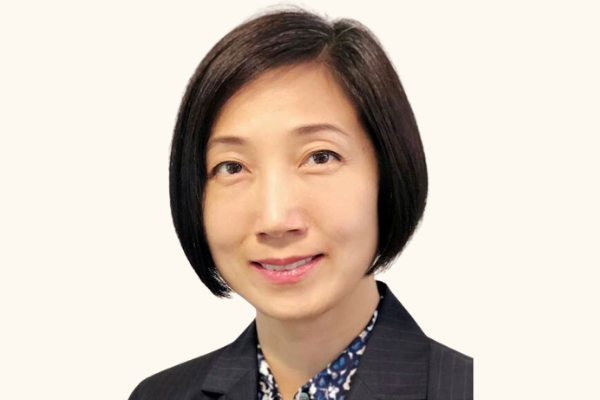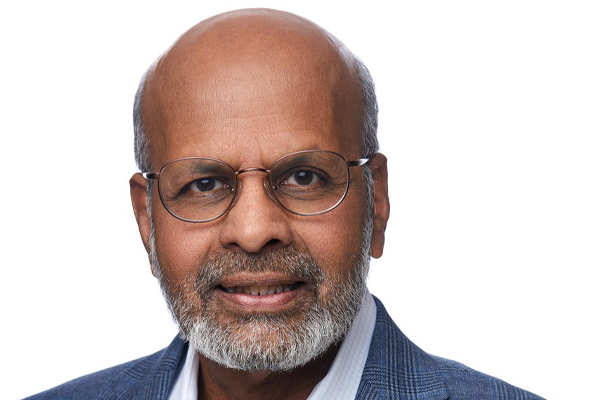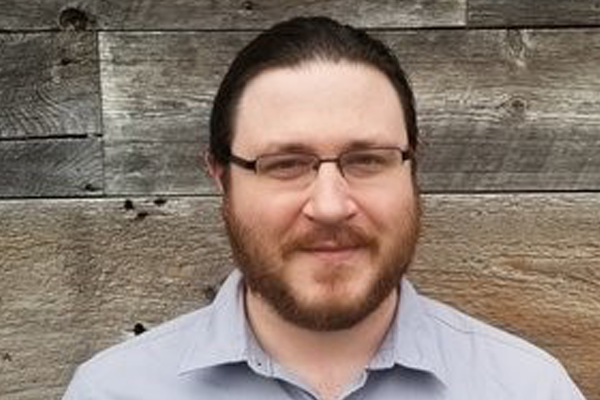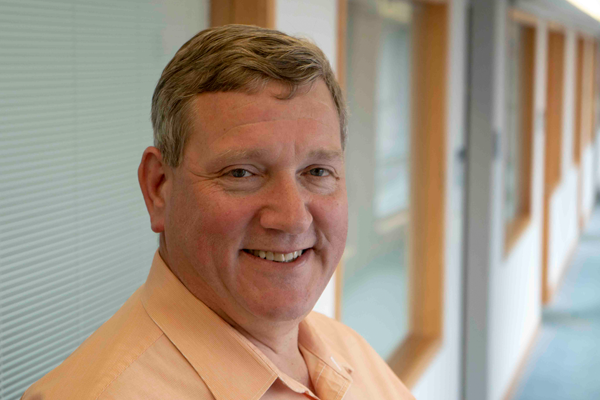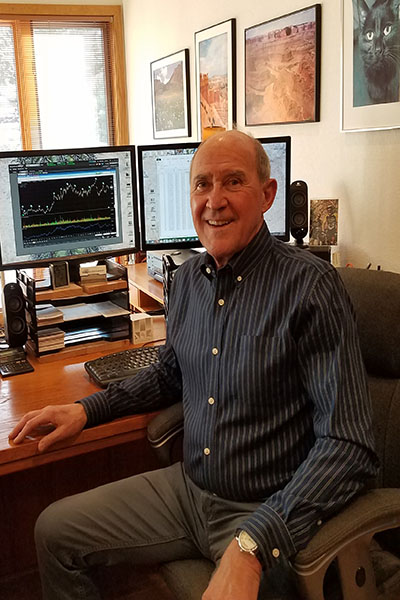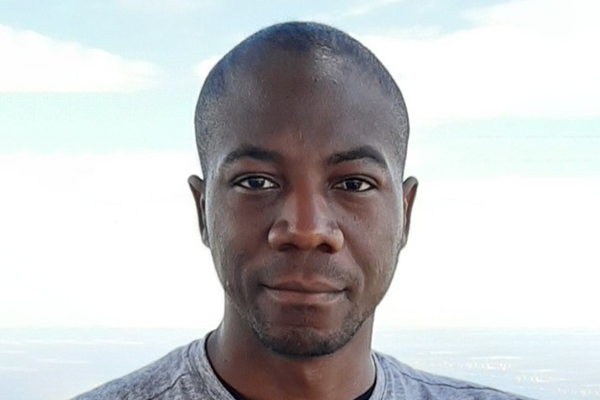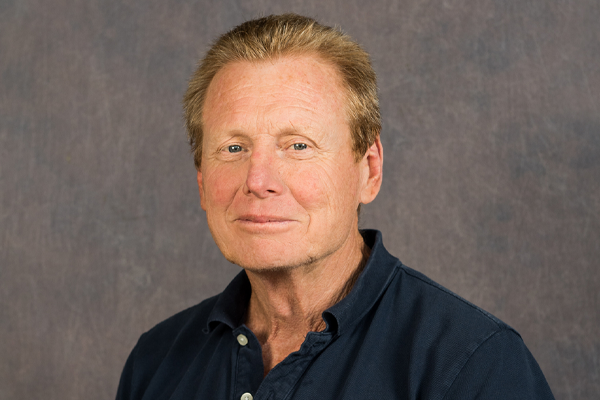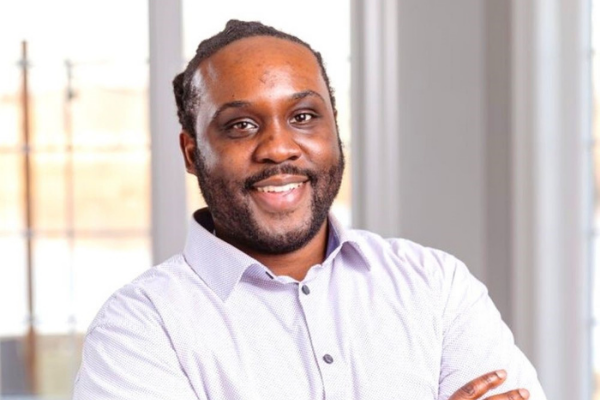
You’ve held R&D executive positions as VP R&D and CTO at major companies like Henkel, International Flavors and Fragrances and PepsiCola. How does innovation differ as Managing Director of ecosVC?
For us at ecosVC, potential product/market fit means validating market need by determining the requirements for an application of research in a given market. The process we use at ecosVC, which doesn’t differ from the process used in larger companies, is based on the one I developed and used in major corporations: identifying a technology platform and then determining and validating potential product/market fit of the innovations that come from the platform.
What does differ is that in larger companies, we are also simultaneously exploring options of taking a given product into a new market--a market adjacency--or whether we are looking to expand product offerings in a market we already serve--a product adjacency and determining whether we make or buy. The opportunity we have and work we do now at ecosVC is to make that process available and accessible earlier in the career paths of STEM students when they are university students, postdocs and might have research that could become a startup.
What made you decide to co-found the Chemical Angel Network (CAN)? Please tell us how it got started, and whether CAN has achieved the objectives you set out for it.
First, the Chemical Angel Network has been led since inception by Mark Vreeke, a good friend, a chemist, and someone who, along with Sid White, has really built the effort. Joseph Steig of ecosVC and I wanted to build an angel group and decided to collaborate on the vision from the beginning and have supported Mark along the way.
We started it because we felt that there was a need for chemistry and “hard” science startups to have investors who understood the market and scale-up landscape and not apply software processes and expectations. Also, we wanted to aid chemists who had the wherewithal to help make smarter investments in chemistry related companies and help those companies have a greater chance at succeeding. So many investors have done well with software investing. But investing in companies creating physical products, and especially products that in some way are touched by chemistry, is, I believe, much more difficult. It’s also essential. Innovations that CAN has invested in have the opportunity to improve the world--and also benefit the chemists who back and build them.
You’ve worked at NSF, been a member of Directorate and Division advisory boards there and at the National Research Council and been a longtime volunteer with the ACS, including on the ACS Board of Directors, the Women Chemists Committee, and the ACS Board Committee on Corporation Associates (CA). You also were a Meeting Theme Co-Chair of the ACS Fall 2020 Virtual Meeting & Expo. What makes you want to give back and serve in this way?
Chemistry is the backbone of my career. It’s the backbone of my husband’s career and that of many of our friends. Engaging with ACS is my way of staying in touch with the profession and making sure the opportunities that we were given are afforded to people starting and building their careers now. And it’s a way of helping the many disciplines of chemistry and the chemists who contribute to them gain skills and connections to converge their research to solve greater challenges and thereby contribute to the world. That philosophy also forms the backbone of ecosVC and the educational innovation training work we do with accelerators and universities through the Lens of the Market program we’ve developed.
What advice do you have for early career chemists considering a role with a start-up?
Most of my work these days revolves around university faculty/students and university innovation or new ventures in accelerator programs with our ecosVC Lens of the Market program. In that work, we don’t want to tell students that their pathway should be to be an entrepreneur and be part of a startup. Rather we want to ensure they have skills beyond the lab and early in their careers to help inform their research by market and societal need. Also, if a startup is the path they choose, they need to validate and be sure it’s the right path for the innovation, and that the first market you choose for your innovation is the one that affords the best chance of success.
Too often our young chemists are taught to engage in a form of “market roulette” where they are asked to almost randomly choose a market to engage in what today is called “customer discovery.” My advice to startups is make sure you have engaged in a process that allows you to determine and explore options to find the best market for your innovation -- because unlike with software, a chemist can’t turn their research in a different direction on a dime. On our ecosVC website you can find some online courses to take to begin to understand this process.
What would you like your legacy to be?
As I still see myself actively working for a long time to come, it’s hard to talk about legacy! That said, I would like my legacy to be that I have helped others gain the skills, connections, and understanding to support their paths for personal and professional success--however they define them. And I’d like my legacy to be that the organizations I have had the great opportunity to lead and contribute to, and the programs and products I have helped build and roll out have brought value to people’s lives and contributed to well-being and joy.
I can never seem to keep track of what time zone you’re in! What is your favorite part of the country and why?
The answer is simple--they are all wonderful! And wonderfully different--from the climate to the scenery, but what is generally the same is the desire of scientists and engineers to contribute to a better future for all people and the whole planet. And that is what matters.
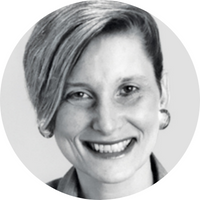
Judith Giordan is a co-founder of the Chemical Angels Network (www.chemicalangels.com), Managing Director of ecosVC, Inc. (www.ecosvc.com), entrepreneur, and former Fortune 100 executive. Judy is a board member, co-founder, advisor and investor in seed and early stage STEM aligned startups.
Her previous executive positions include Corporate Vice President and Officer/Global Director of Research and Development at International Flavors and Fragrances, Inc.; Vice-President Worldwide Research and Development for the Pepsi-Cola Company; Vice President of Research and Development/Corporate Officer, Henkel Corporation, the North American operating unit of the Henkel Group. She has also held management, program leadership, and technical contributor positions at Polaroid and ALCOA. Examples of venture leadership start-up and Board roles include Voltage, 1ExecStreet, and Qteros.
Judy has served on Boards at the National Research Council and at the National Science Foundation where she has been a member of the Math and Physical Sciences Directorate Advisory Board, Member of the Chemistry Division Advisory Board, Member and Chair of the Waterman Award Committee, Member of External Visiting Committees, and as Program Director for the IGERT Program.
Active in Professional Societies, examples include as a member of the Board of Directors, Committee Chair, and Program co-chair at the Industrial Research Institute and the American Chemical Society; a member of the advisory group of and program leader for the Conference Board technical conferences, Educational Foundation Trustee at the Commercial Development and Marketing Assoc., and speaker and program organizer at the Angel Capital Assoc. Judy’s honors include ACS Fellow, ACS Garvan-Olin Medalist, ACS Henry Whelan Award for Management Leadership, and Alexander von Humboldt Networking Award recipient. Judy has served as theme co-chair for the 2020 ACS National Meeting “Moving Chemistry from Bench to Market.”
Judy has a BS in Environmental Science and VoTech Agriculture from Rutgers University; PhD in Chemistry from the University of Maryland; and an Alexander von Humboldt post-doctoral fellow at the University of Frankfurt, Germany.
The opinions expressed in this article are the author's own and do not necessarily reflect the view of their employer or the American Chemical Society.
Copyright 2020 American Chemical Society (All Rights Reserved)

